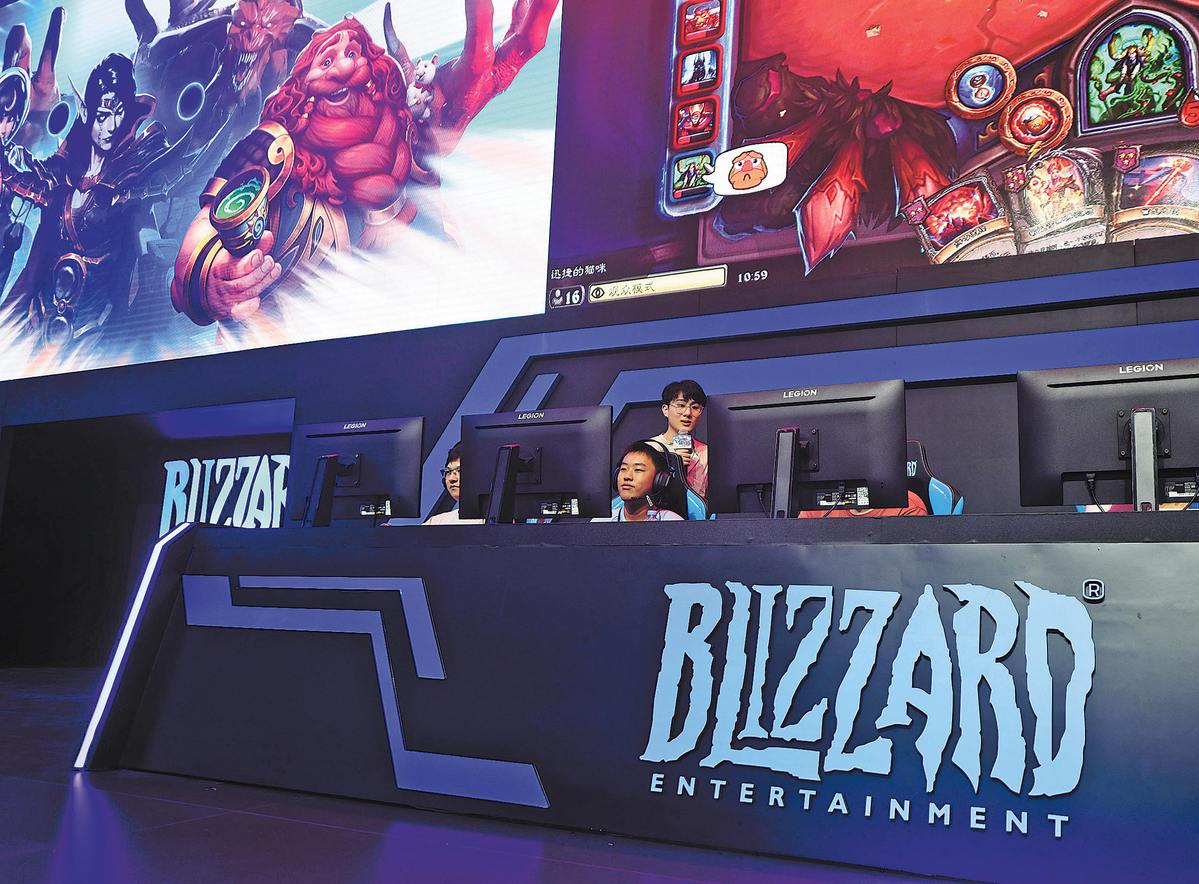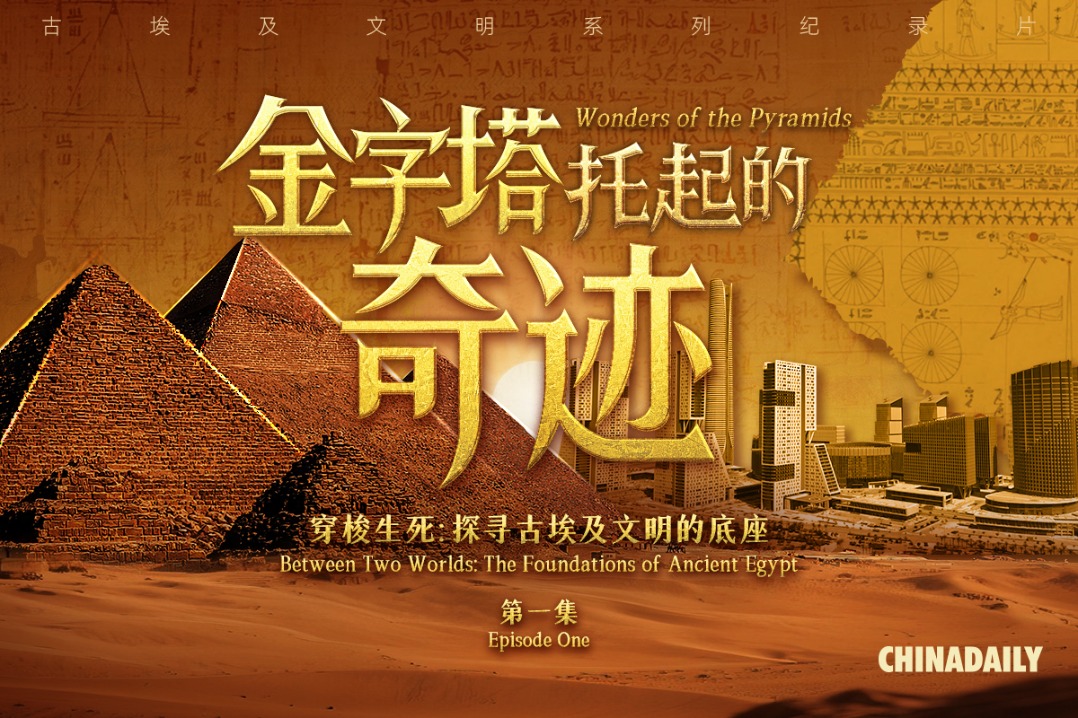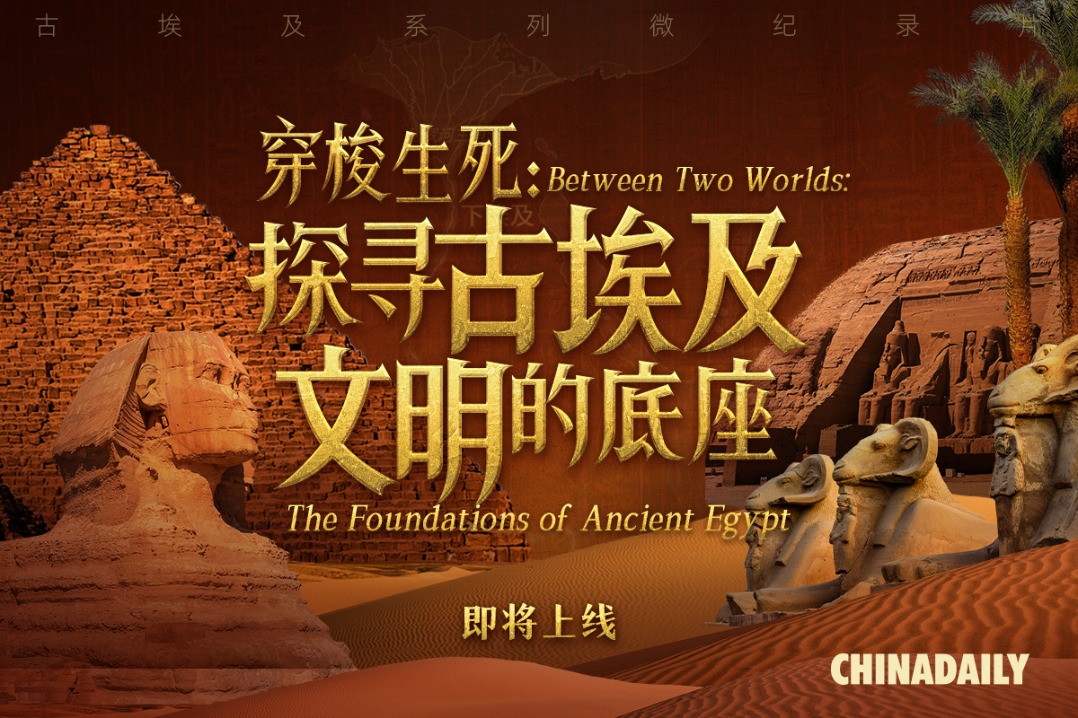Chinese games bring culture to global market
Nation continues to hold position as world's largest video games exporter


Not only Chinese producers, but also foreign companies are eyeing opportunities in the global collaboration and cultural integration with games as a bond. Representatives of over 200 companies from nations such as Japan, South Korea, the UK, France and Finland gathered for potential partnerships at the China International Game Developers Conference, which was held on July 31 as part of this year's ChinaJoy.
"There were barely no really successful Chinese console and PC games 10 years ago, but recently we have seen game studios and producers instilling Chinese culture to create something different. China has a wonderful historical culture and that's part of the creativity. In France, we are very much into culture in general, and Chinese culture is no exception — it is something that resonates a lot with us," said Yves Blehaut, senior vice-president of strategic partnerships at Microids, a French video game publisher and developer.
Sony Interactive Entertainment (Shanghai) Ltd and its PlayStation gaming platform are also actively looking to contribute to China's console game ecosystems. Following the success of Black Myth: Wukong on its platform, the company is expecting to cultivate more local game developers in China and better connect the nation's gaming industry and culture with the world. In 2016, the company established the "China Hero Project" to support Chinese console game developers, connect with global counterparts, and help them grow globally with games featuring Chinese culture.
"China has the world's most game users and is one of the most critical and potential markets for PlayStation. We have noticed very early the potential and passion of Chinese game developers. Collaborating with over 400 Chinese game developers and publishers, we aim to introduce good Chinese games to the world," said Tatsuo Eguchi, chairman and president of Sony Interactive Entertainment, at the conference.
To better navigate Chinese game developers in overseas markets, the Research and Service Center for Game Globalization was inaugurated in Shanghai at the conference. It aims to provide one-stop services such as overseas market analysis, compliance guidance, financial services, legal protection and copyright protection.
Moreover, a first batch of guidelines targeting the Japanese, South Korean, British and French markets were also released at the event to support Chinese games' global expansion, comprehensively covering sectors including policies, regulations, market environment, culture, customs and user preferences. More guidelines on other countries in regions such as North America, Europe, Southeast Asia and the Middle East will also be released this and next year.
"The globalization of games ultimately involves a two-way cultural exchange. Games themselves are self-contained digital worlds where different cultures meet and spark inspiration. So while publishing Chinese games overseas, we also help introduce global cultures into China," said Yu of Tencent Interactive Entertainment.
"We obviously see more foreign friends and international participation at ChinaJoy this year. With games building a globalized platform, we expect to enhance exchanges, reduce barriers and accelerate integration, which will carry us all farther," he added.
Running from Aug 1 to 4, this year's ChinaJoy attracted over 790 business exhibitors from 37 countries and regions including the US, Canada, UK, Germany, Japan and South Korea.
























